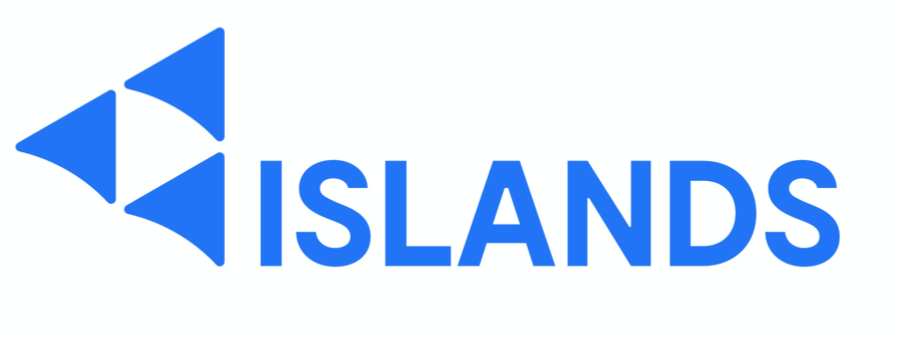Electronic and electrical waste (e-waste) is the world’s fastest growing solid waste stream. Only 20% of the 50 million tonnes of e-waste generated each year is recycled. Incineration of e-waste emits highly toxic pollutants, and e-waste that ends up in landfills contaminates soil and groundwater, risking water and food systems, public health, and natural resources.
E-waste also represents a major economic opportunity, with an estimated material value of US$62.5 billion annually. Supported by the right policy framework, the sector could create millions of decent jobs in safe working conditions for high and low-skilled workers, including in a new urban mining sector that extracts valuable resources from complex e-waste streams.
Amid calls for a global reboot of our electronics system, this group provides space for exchange of ideas on solutions and to share experiences on managing e-waste. The group is open to the everyone, but is particularly focused on policy makers and small-scale recyclers. Input from other including consumers, manufacturers, investors, designers, policymakers, raw materials producers, is also encouraged.
Group members are invited to share experiences on sustainable e-waste management activities, such as consumer awareness campaigns, activities on e-waste recycling cooperatives, and business models, as well as experiences on policy measures such as Extended Producer Responsibility.
This group is convened in the context of the Implementing Sustainable Low and Non-Chemical Development in Small Island States (ISLANDS) Programme. ISLANDS supports thirty-three Small Island Developing States (SIDS) in the Atlantic, Caribbean, Pacific and Indian Ocean to manage hazardous chemicals and waste safely and sustainably.
Would you like to find out more about e-waste and what ISLANDS is doing about it? Visit our knowledge hub on gefislands.org to find dedicated information, news and opportunities on e-waste management in SIDS.
{"preview_thumbnail":"/sites/default/files/styles/video_embed_wysiwyg_preview/public/video_thumbnails/xWutQ9RFtaw.jpg?itok=kx8Efwgp","video_url":"https://youtu.be/xWutQ9RFtaw ","settings":{"responsive":1,"width":"854","height":"480","autoplay":1},"settings_summary":["Embedded Video (Responsive, autoplaying)."]}
